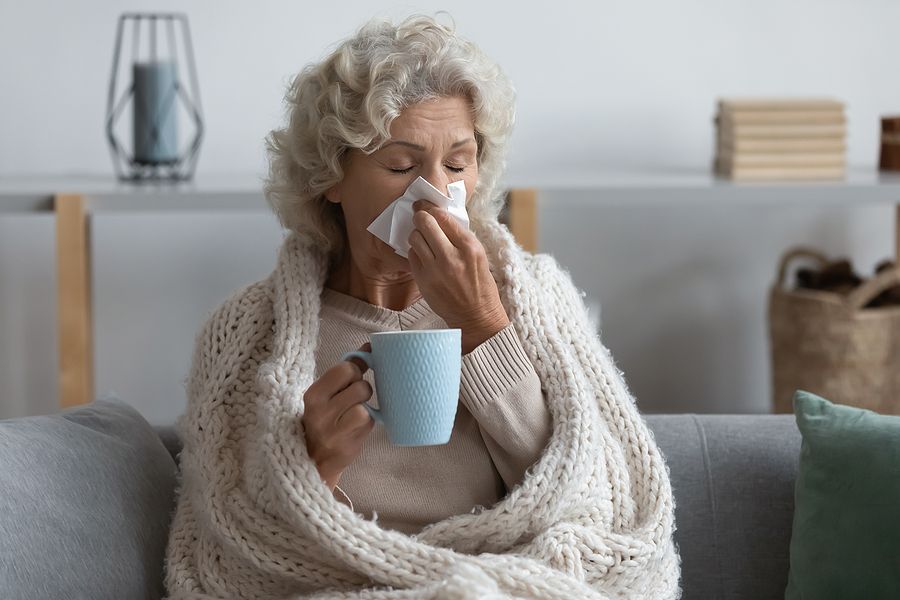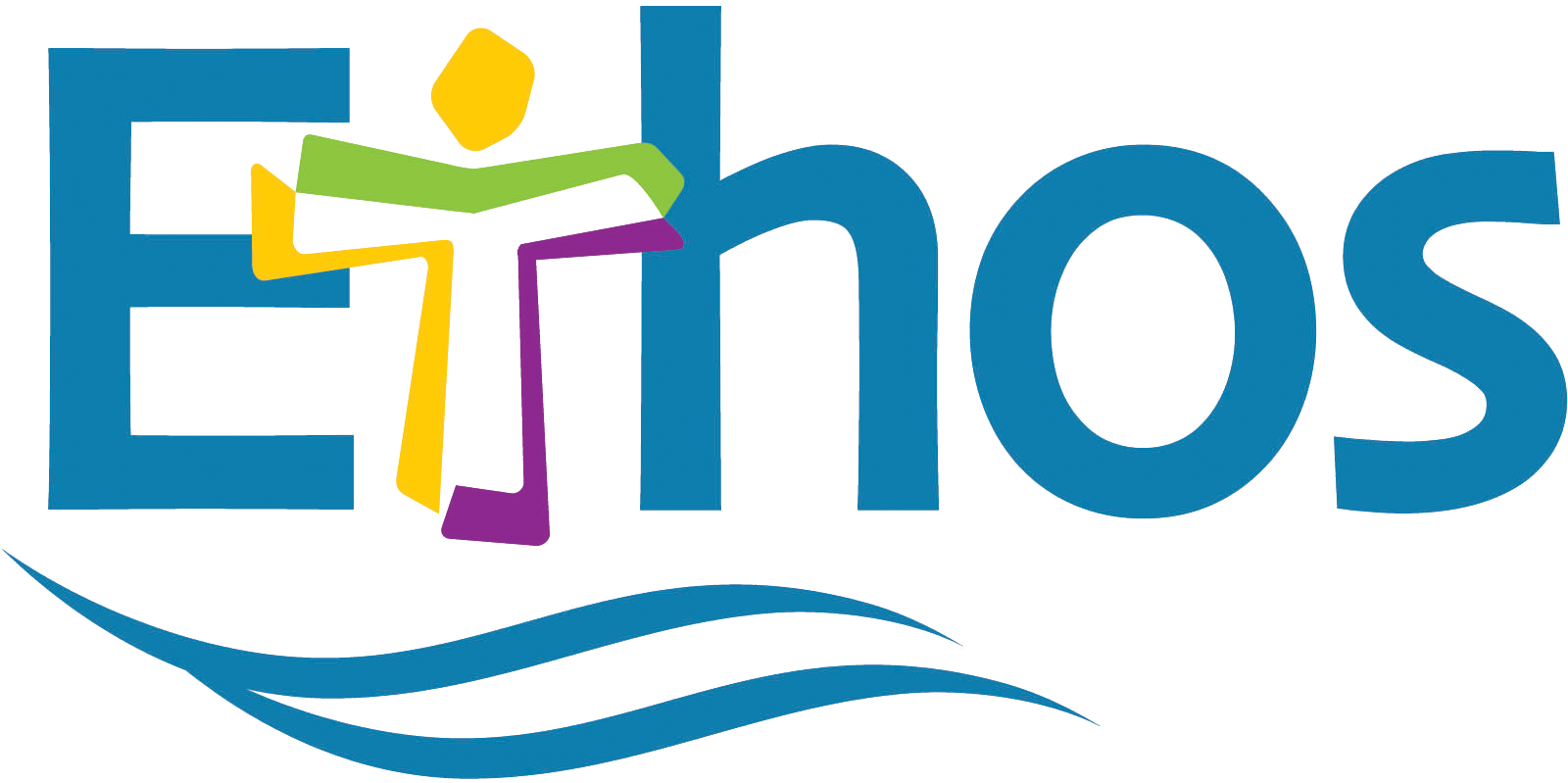Am I Getting Sick or is it Allergies?

Understand the difference between allergy, cold and flu symptoms
It’s the morning wake-up call we all dread: You roll out of bed with a stuffy nose, a pounding head and a deep cough you definitely didn’t have yesterday. Despite getting a good night’s sleep, you feel fatigued and are sluggish to begin the day. Is this just an allergy attack that an antihistamine can fix or are you sick?
As enjoyable as fall festivities and holiday preparation may be, the fall and winter seasons also bring about pesky seasonal allergies and miserable colds and flus. Knowing how to distinguish between these conditions can keep you healthy throughout the changing seasons and help you seek appropriate treatment when needed.
Allergy vs. Cold vs. Flu Symptoms
Do allergies cause flu-like symptoms? Can a cold turn into the flu? When you don’t know what you’re dealing with, you may visit your grandkids when you should really be seeing a doctor. Or, you may miss out on an afternoon outing with friends because you mistake seasonal allergies for something more serious.
To make smarter decisions about your health, start by understanding the similarities and differences between allergies, colds and the flu.
Seasonal Allergy Symptoms
Seasonal allergies are incredibly common. So common, in fact, that allergic rhinitis (hay fever) affects nearly 20 million adults in the United States each year. These seasonal allergies are triggered by indoor and outdoor allergens, such as trees, grass, pollen, mold spores and dust mites.
Common symptoms of seasonal allergies include:
- Sneezing
- Mucus, or phlegm, in your throat
- Itchy nose
- Itchy eyes
- Nose congestion
- Sore throat
Contrary to what the name “hay fever” suggests, seasonal allergies don’t typically cause a fever. Allergy symptoms also tend to go away when the allergen does. If you notice a pattern of symptoms during this time of year or know you react to a specific allergen, you’re most likely dealing with seasonal allergies and nothing more. Antihistamines, decongestants and nasal sprays can help relieve allergy symptoms and give you peace of mind that you’re not suffering from a cold or flu.
Cold Symptoms
There are hundreds of cold strains that are prevalent at different times of the year. Unfortunately, this means there are cold strains that thrive at the same time seasonal allergies do. Unlike seasonal allergies, though, colds tend to only last for a week and symptoms don’t typically include itching of the nose and eyes.
Symptoms of the common cold include:
- Sneezing
- Cough
- Mild to moderate chest discomfort
- Stuffy nose
- Sore throat
- Some fatigue and weakness
If you’ve ruled out allergies, you need to also consider if your symptoms are flu-related or not. Generally, cold symptoms are much less severe than flu symptoms which can lead to pneumonia or a trip to the hospital. Colds also rarely trigger a fever. If your symptoms are mild and don’t accompany a fever, you’re likely dealing with a cold and not the flu.
Flu Symptoms
From October 1, 2022, through April 30, 2023, there were 26-50 million cases of the flu recorded and 290,000-670,000 hospitalizations. Flu symptoms usually appear abruptly and are much more severe than allergy and cold symptoms.
The clearest sign you’re suffering from the flu and not another condition is if one of your symptoms is a fever. Other common flu symptoms include:
- Physical aches and pains
- Body chills
- Exhaustion and weakness
- Sneezing
- Chest discomfort and congestion
- Vomiting and diarrhea
- Headache
- Sore throat
- Stuffy nose
If you suspect these symptoms are from the flu, consult your doctor immediately. A simple swab test can confirm you have the flu and help your doctor determine the best course of treatment.
It’s important that you get the flu vaccine if you haven’t already. The CDC recommends that everyone six months and older get a flu vaccine every season to help reduce rates of illness.
Ethos Care Prioritizes the Health and Safety of Their Patients
At Ethos Care, we take the safety and health of our patients seriously. Our home health care and hospice teams are here to help you prioritize your and your loved ones' health and well-being.
Contact us today or call (701) 515-0696 to learn more about our services and the protocols we have in place to maintain patient health and safety.
Last updated: October 3rd, 2023

